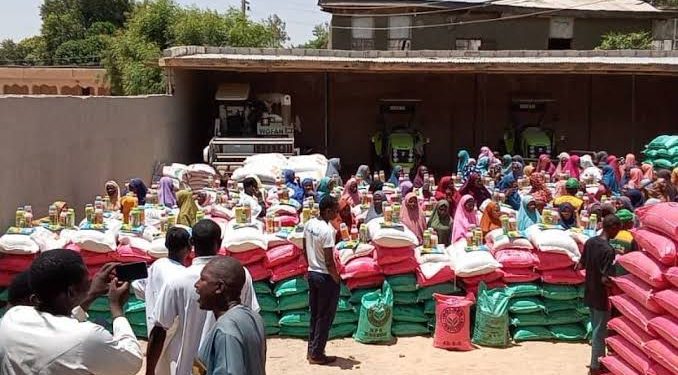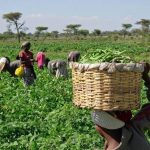In a bid to boost agricultural productivity and strengthen food security, the Kano State Agro-pastoral Development Project (KSADP), in collaboration with the Sasakawa Africa Association, has launched the distribution of essential farm inputs for the 2025 wet season farming cycle.
The initiative, which targets smallholder farmers across key farming communities, kicked off with the delivery of seeds, fertilizers, and pesticides in Gwarzo, Dawakin Kudu, Makoda, and Garun Mallam Local Government Areas.
Funded by the Islamic Development Ban and the Lives and Livelihoods Fund, the intervention is part of a broader strategy to support 450,000 smallholder farmers across all 44 LGAs in Kano State. The goal is to improve crop yields, promote rural livelihoods, and reduce poverty through enhanced agricultural practices and agribusiness support.
A KSADP official highlighted that the project goes beyond input distribution. “It’s about building a resilient agricultural economy. We are integrating crop production with livestock development while ensuring that small-scale farmers are not left behind in the push for food self-sufficiency.”
The project also aligns with efforts to modernize Kano’s agriculture sector by promoting best practices in both crop and livestock farming. By addressing critical challenges faced by rural farmers—such as access to quality inputs, training, and market links—KSADP aims to create a more inclusive and sustainable food system.
As part of its long-term vision, the program will continue to engage with local communities, extension agents, and development partners to build capacity and drive innovation in agricultural production. It is expected that the 2025 wet season campaign will not only increase food supply but also enhance income levels among rural households, contributing to broader state-wide development goals.










